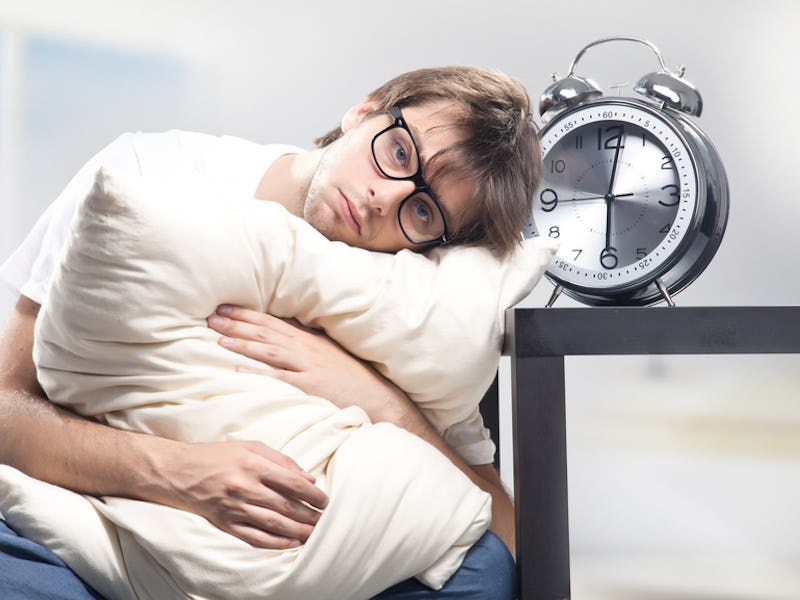Team That Revealed Why You Need a Post-Lunch Nap Wins Nobel Prize
The trio has been awarded the Nobel Prize in physiology or medicine.

Three American scientists who explained why you feel a slump in energy after lunch were awarded for their groundbreaking research on Monday when they received the Nobel Prize in Physiology or Medicine. Jeffrey C. Hall, Michael Rosbach, and Michael Young jointly received nine million kronor ($1.1 million) for their research on the “body clock,” the internal circadian rhythm that adapts itself to the Earth’s rotation.
“If we screw that system up we have a big impact on our metabolism,” Russell Foster, a body clock scientist at the University of Oxford, told the BBC. “They have shown us how molecular clocks are built across all the animal kingdom.”
The trio used fruit flies to determine how a certain gene dictates this rhythm. This gene encodes a protein during the night, which is then broken down during the day. This clock, which works on the same ideas in humans and other multicellular organisms, adapts to different phases of the day.
A diagram of how the body clock functions.
“The clock regulates critical functions such as behavior, hormone levels, sleep, body temperature and metabolism,” the awarding body’s statement said. “Our wellbeing is affected when there is a temporary mismatch between our external environment and this internal biological clock, for example when we travel across several time zones and experience “jet lag”. There are also indications that chronic misalignment between our lifestyle and the rhythm dictated by our inner timekeeper is associated with increased risk for various diseases.”
In the case of the post-lunch slump, it’s caused by a second body rhythm known as the homeostatic sleep drive, which pushes the body toward sleep while the circadian rhythm pulls it in another direction. This creates a mismatch in the middle of the day that pushes some people to take a nap. Dr. Fiona Kerr, a neuro specialist from the University of Adelaide, told The Telegraph that because of this, humans are essentially built for two sleeps per day — something that doesn’t quite align with modern work structures.
When he received the call at around 5 a.m. informing him that he had won the prize, Rosbach was stunned.
“I’m still shocked. I’m sitting here in my pajamas with my wife. I hadn’t even had a thought about this,” he told Swedish news agency TT. “I haven’t spoken with my colleagues yet. I haven’t even had time to have a cup of coffee.”
If you liked this article, check out this video of a crib designed to feel like a car ride.